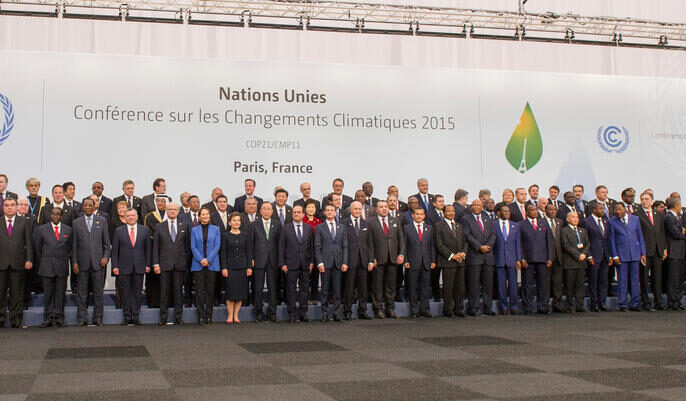Major Review Platforms Form Coalition to Fight Fakes

Skift Take
Despite sophisticated machine learning and artificial intelligence, online fake reviews remain a problem. And now, major online travel, retail and review platforms have formed a coalition to combat them.
The coalition includes Tripadvisor, Expedia Group, Booking.com, and Amazon. Google is a notable absence. As is Airbnb, which attended the first Fake Reviews Conference that Tripadvisor organized in San Francisco in October 2022. Trustpilot and Glassdoor are also coalition members.
The goals, according to an announcement Tuesday, are to ensure access to trustworthy user reviews, to develop standards to host them, and to share best practices to root out fake reviews.
“To further maintain the credibility and authenticity of reviews on our platforms, we aim to make it increasingly difficult for fraudulent actors who try to deceive our customers to operate online,” said Becky Foley, vice president, Trust & Safety, at Tripadvisor. “Combating these operators, particularly those attempting to sell fake reviews to companies looking to improve their online reputations, will be an immediate area of focus.”
The formation of the coalition comes as there have been moves in Congress in recent years to gut Section 230 of the Communications Decency Act, which shields online platforms from liability for user reviews they publish. Abolition of Section 230 could put those user reviews in jeopardy.
Identifying Fake Reviews
In Tripadvisor's 2023 Review Transparency Report, the company said it identified 1.3 million fake reviews out of more than 30 million posted, and it blocked 72% of the fakes before they ever made it online.
When it comes to creating standards for hosting user reviews, the participating companies have different approaches.
For example, Booking.com and Expedia.com only accept reviews from people who booked their travels on their platforms.
But for Tripadvisor's hotel reviews, there is no requirement that the reviewer stayed in or even visited the hotel. That's because Tripadvisor mostly doesn't process the bookings. It passes advertising leads along to online travel agencies and hotels for the actual bookings.
Airbnb and Google Aren't Members of the Fake Review Coalition
Skift reached out to Airbnb and Google to see why they aren't part of the coalition, and they didn't immediately provide comment.
"We invited a range of organizations from the travel industry and beyond (including Airbnb, who were in attendance)," a Tripadvisor spokesperson said. "The platforms that were actively interested in collaborating on this in a more formal capacity are the ones named today in the press release.
"That said, any company that hosts user generated review content and shares the commitment to protecting access to trustworthy consumer reviews is invited to join the coalition in the future."
Airbnb stated in September that it blocked 157,000 fake listings from going online and removed and additional 59,000 so far in 2023. Any reviews on phantom or otherwise fraudulent listings are most likely illegitimate, as well.
The second Fake Reviews Conference — this one organized by Amazon — is slated to take place in Brussels on December 5-6.





